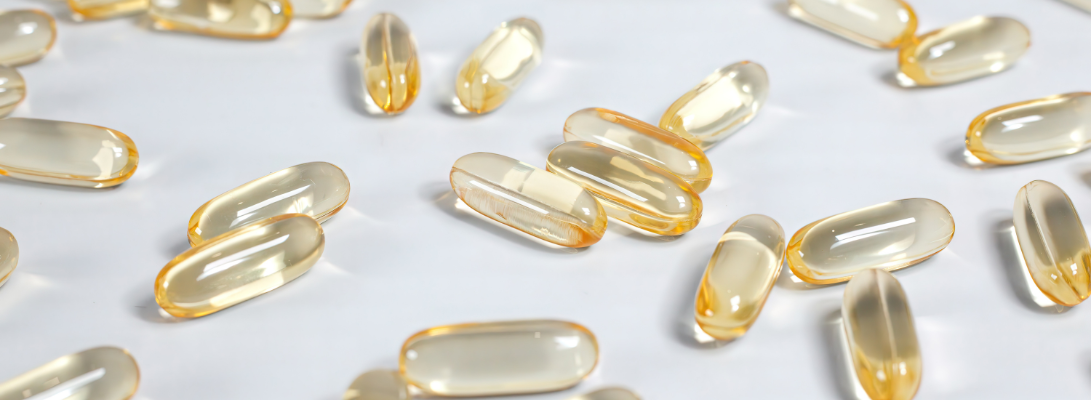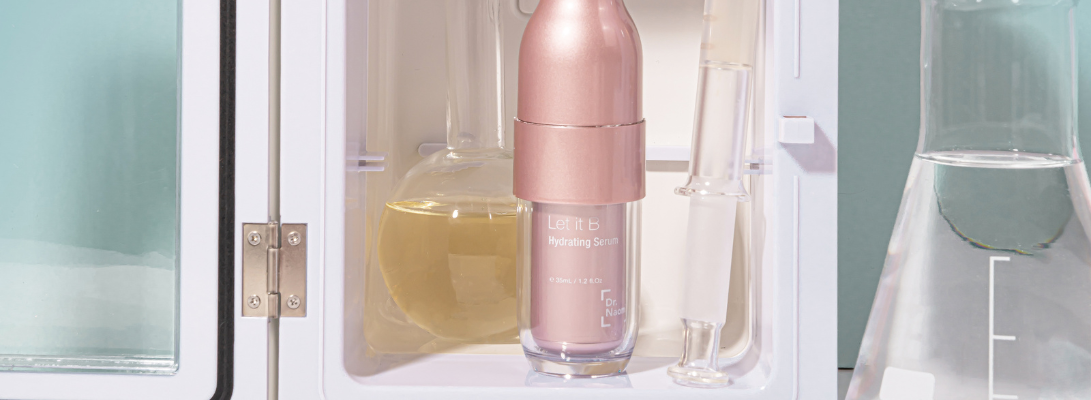Dr Naomi was asked the top 5 FAQs about the differences between oral Vitamins and supplements and topical skincare products and how important each are for the appearance of skin.

Can taking vitamins/supplements improve the appearance of your skin? If so, how does it work?
There is some research that demonstrates skin appearance benefits from supplements containing antioxidant vitamins, trace minerals, amino acids and essential fatty acids. This may include improvement in firmness, hydration, dullness and overall skin appearance. The most important research for oral vitamins is a recent Australian study about oral nicotinamide (Vitamin B3). The researchers studied patients with a history of non melanoma skin cancer, and gave them oral nicotinamide 500mg twice daily which at 12 months reduced the rates of new skin cancers by 23%.
How much of an impact does what you consume have on the appearance of your skin?
The nicotinamide study I reference above shows that what you put in your body can be really important. What we consume is important as our body has nutritional requirements to build and repair body tissues, including our skin. eg vitamin C is required for collagen production. Optimisation of skin appearance using nutrition and supplements needs more research.
How long does it take to see results?
Most likely months.

What vitamins/supplements are most beneficial for skin health?
Nicotinamide (Vitamin B3) for those with a history of skin cancer. Topically, Vitamin A, B and C are vital for skin. In terms of orally, some examples of Vitamins and supplements which might be beneficial for the skin include, B3, B5, C, D and E, Zinc and collagen.
What is more effective for achieving good skin, what you put on your skin or what you put into your body?
It depends on the individual issues you're trying to target, Oral and topical are both important routes of delivery. For example, I personally use both oral niacinamide and topical niacinamide. The oral version I use for skin cancer prevention and the topical version of B3 I use as an antioxidant, for pigmentation, to improve my skin barrier and for fine lines and redness.The great thing about topical products is that they are so targeted and can be directly applied. Some topicals we use to improve the appearance of skin include OTC cosmeceuticals, with ingredients like Niacinamide, retinol, AHAs etc. Cosmeceuticals are great for treating acne, pores, tecture, pigmentation, fine lines, redness and congestion. We also use prescription topicals like tretinoin (a vitamin A) which is great for acne and wrinkles, and Efudix, a topical treatment for actinic keratoses.There are also prescription oral medications including antibiotics and roaccutane, which are very powerful in their action on certain skin issues like acne.









